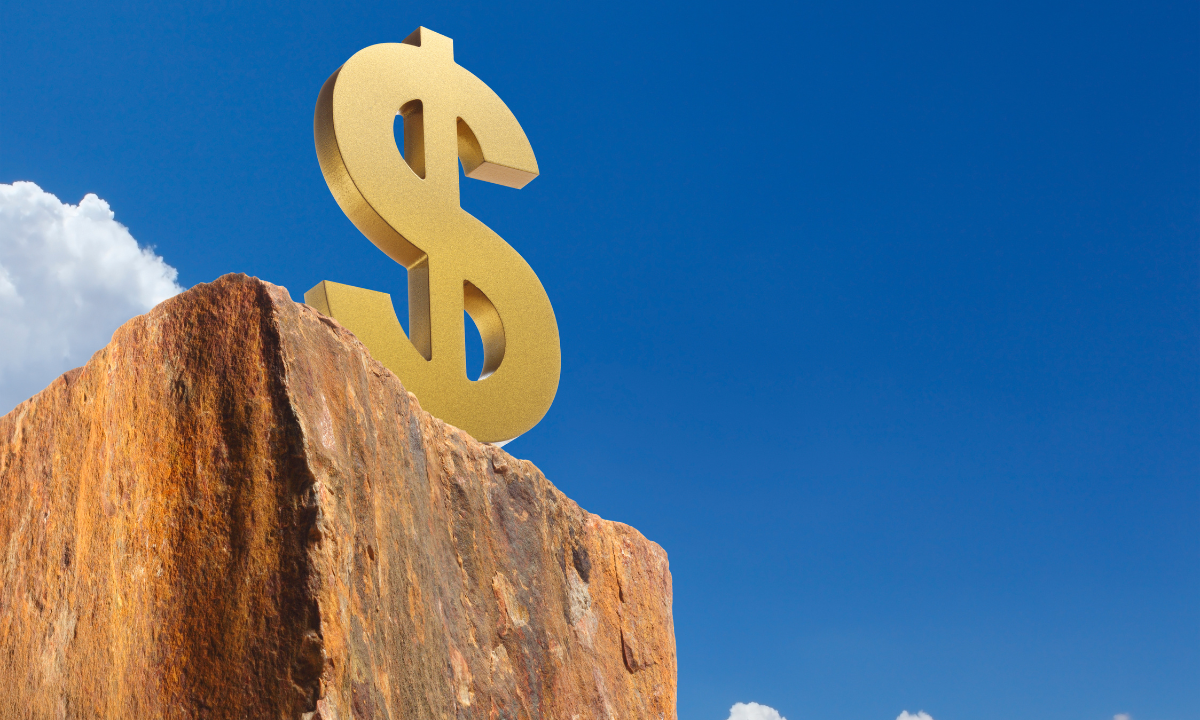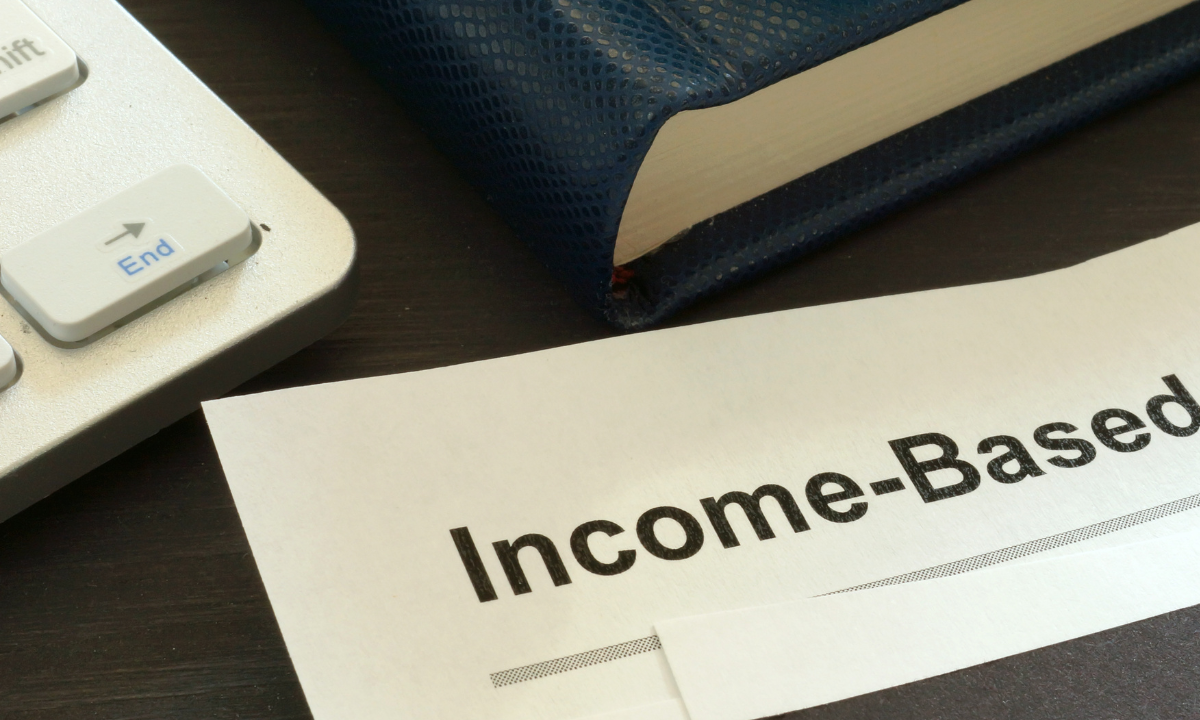Written by Michael Palomba
Uber, Lyft, and other companies that operate in the gig-economy may face massive financial penalties in light of a recent California Supreme Court decision.
This week, the Supreme Court ruled that the state’s ABC test was to be applied retroactively. The ABC test was issued in a decision called Dynamex, and requires workers to be classified as employees unless they fall into certain categories.
The three factors that exempt workers from being classified as employees are:
- If they work free from the control of the hiring entity.
- If they perform work outside the usual court of the hiring entity’s business.
- If they have an independent business doing the same type of work.
In the recent ruling, Chief Justice Tani Cantil-Sakauye said, “Public policy and fairness concerns, such as protecting workers and benefiting businesses that comply with the wage order obligations, favor retroactive application of Dynamex.”
Uber, Lyft, and other similar companies spent upwards of $200 million towards getting Proposition 22 approved. Prop 22, which passed by a wide margin in the recent election, exempted the companies from the harsh restrictions of Assembly Bill 5 and allowed them to continue using their current business model, albeit with some modifications.
However, Prop 22 does not exempt the companies from the court’s recent ruling, specifically the part about being applied retroactively. What this means is that, while Uber, Lyft, etc., are free from AB 5’s requirements now, they may still be responsible for not following its rules before Prop 22 passed. This leaves them potentially liable for back wages, paid sick leave, and other benefits that typical employees would’ve been entitled to.
The rideshare industry’s troubles don’t stop there. Prop 22 is currently facing legal action after a group of labor unions and rideshare drivers sued this week to overturn the law. They argue that the proposition undermines the state’s constitution and should be thrown out.
With that being said, the Supreme Court’s decision and the lawsuit mentioned seem to contradict the will of voters.
“Nearly 10 million California voters — including the vast majority of app-based drivers — passed Prop 22 to protect driver independence, while providing historic new protections,” said Pyatt, of Modesto, who is retired and drives for Uber. “Voters across the political spectrum spoke loud and clear, passing Prop 22 in a landslide. Meritless lawsuits that seek to undermine the clear democratic will of the people do not stand up to scrutiny in the courts.”




